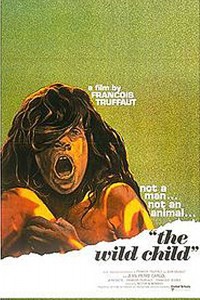The passage by Plato about the conversation between Meno and Socrates commences with a sentence that distinguishes teaching from practice and experience. Although these have different meanings, they are not contrary ideas as the passage seems to suggest. That’s not to say that these are the same or always used together. Both teaching and experience can serve the purpose of learning independently of one another. For example, a child’s mother may tell him that the skinny limbs on a tree will break easily. This is one way for the child to learn this fact. Another way, of course, would be to physically snap the thin branch of a tree and learn from experience. In this case, experience is different from practice and the two words are not interchangeable.
Sometimes, the two methods are used in congruence with one another, and often in these situations practice and experience are closely related. An example of this would be learning to shoot a soccer ball. The coach teaches the players to strike the ball with their laces, how to aim, and how to exert the proper amount of power. The players then practice applying these skills, and in this way, gain experience.
All of this is also assuming that teaching involves a third party. A person could teach themselves the notes and keys on a piano and practice reading music and playing songs to gain experience and through that teach, practice, experience, and learn to play piano all at once.
Overall Socrates offers a very narrow definition of the words teaching, practice, and experience and then treats them as true and factual and applies them to his arguments. Looking at wider or more flexible definitions for his words calls into question Socrates’ proceeding arguments.

 In discussions about identity, philosophers often mention the influence of others on a self. In our most recent readings about self-consciousness, Hegel says, “Self-consciousness exists in and for itself when, and by the fact that, it so exists for another; that is, it exists only in being acknowledged.” He then goes into a discussion of the interaction between two beings and how the interaction is what makes them fully self-conscious. So if this reaction never existed, what would be the result?
In discussions about identity, philosophers often mention the influence of others on a self. In our most recent readings about self-consciousness, Hegel says, “Self-consciousness exists in and for itself when, and by the fact that, it so exists for another; that is, it exists only in being acknowledged.” He then goes into a discussion of the interaction between two beings and how the interaction is what makes them fully self-conscious. So if this reaction never existed, what would be the result?